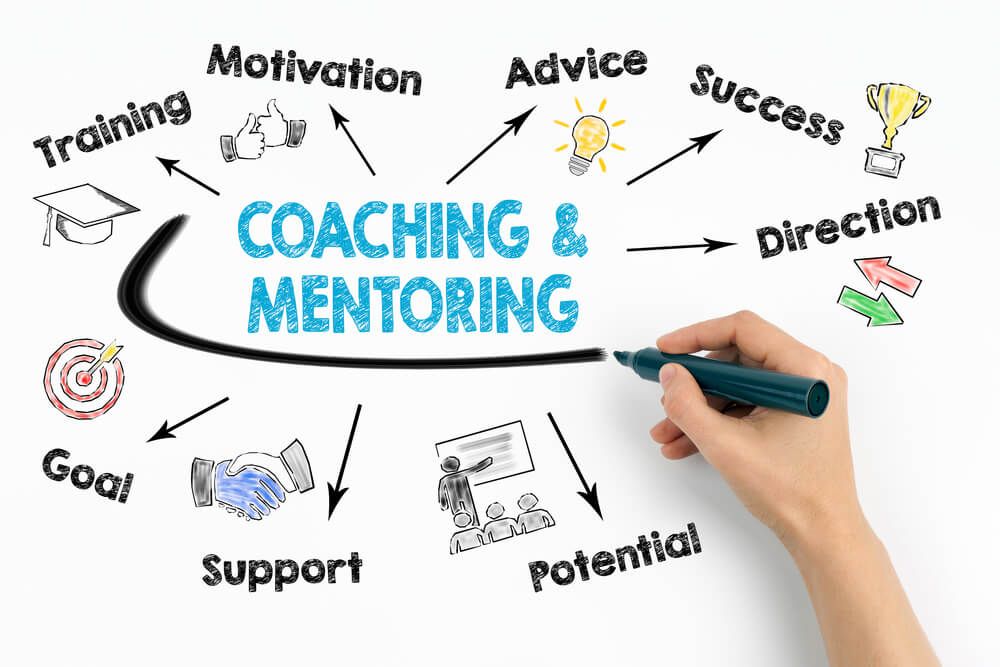Every individual aspires to grow and excel in their career, aiming for success and fulfillment. However, the journey towards career development can sometimes be challenging and overwhelming. This is where coaching for career development comes into play. Coaching is a valuable tool that can guide individuals in unlocking their true potential, setting clear goals, and establishing a roadmap for success.
The Role of Coaching
Coaching for career development is a collaborative process between a trained coach and an individual seeking professional growth. The coach provides support, guidance, and resources necessary to identify strengths, overcome obstacles, and navigate through career-related challenges.
Coaching offers a safe and non-judgmental space for individuals to reflect on their current situation, explore their aspirations, and gain clarity on the steps required to achieve their career goals. By focusing on personal and professional growth, coaching empowers individuals to make informed decisions and take actions that align with their ambitions.
Benefits of Coaching for Career Development
Identifying Strengths and Weaknesses: Through coaching, individuals can gain a better understanding of their skills, strengths, and areas for improvement. This self-awareness helps in leveraging strengths and developing strategies to overcome weaknesses.
Setting Clear Goals: A coach assists in setting realistic and measurable goals, ensuring they are aligned with the individual’s values and aspirations. Clear goals provide a sense of direction and motivation in the pursuit of career development.
Creating Action Plans: Coaching supports individuals in creating actionable plans to achieve their goals. Coaches help break down larger objectives into smaller, manageable tasks, making the journey towards career development more organized and achievable.
Enhancing Confidence: Working with a coach helps boost self-confidence and belief in one’s abilities. Coaches provide encouragement, challenging limiting beliefs, and providing guidance to overcome obstacles, ultimately fostering self-assurance and resilience.
Improved Decision-Making: Coaching helps individuals make informed decisions by exploring various perspectives, analyzing potential outcomes, and considering long-term implications. This leads to better decision-making in career-related matters.
Enhanced Communication and Interpersonal Skills: Coaching sessions can focus on improving communication skills, both verbal and non-verbal, as well as building effective relationships in the workplace. These skills are vital for career growth and professional success.
Overcoming Obstacles: A coach assists individuals in identifying and overcoming obstacles that hinder career growth. Together, they develop strategies to navigate challenges, cultivate resilience, and find alternative solutions.
Work-Life Balance: Career development coaching also emphasizes the importance of maintaining a healthy work-life balance. Coaches guide individuals in managing priorities, setting boundaries, and incorporating self-care practices.
Choosing the Right Coach
When considering coaching for career development, it is essential to choose the right coach who aligns with your needs and goals. Here are some factors to consider while selecting a coach:
Experience and Qualifications: Look for a coach with relevant experience in your industry and who possesses the necessary certifications or qualifications.
Compatibility: It is crucial to feel comfortable and have rapport with your coach. A good coach-client relationship is built on trust, open communication, and mutual respect.
Approach and Methodology: Research the coach’s coaching style, methodologies, and techniques to ensure they resonate with your preferences and learning style.
References and Testimonials: Seek feedback from previous clients and review testimonials to gauge the coach’s effectiveness in facilitating career development.
Availability and Accessibility: Consider the coach’s availability and accessibility to ensure their schedule aligns with yours and that they can provide timely support when needed.
Conclusion
Coaching for career development is a powerful tool that empowers individuals to shape their professional journey, overcome obstacles, and achieve their career goals. By working with a coach, individuals gain valuable insights, support, and guidance to make informed decisions and take meaningful actions that lead to personal and professional growth.
If you aspire to unlock your full potential, unleash your dreams, and achieve career growth, consider embracing coaching as a pathway to success.
Written by [Your Name]
